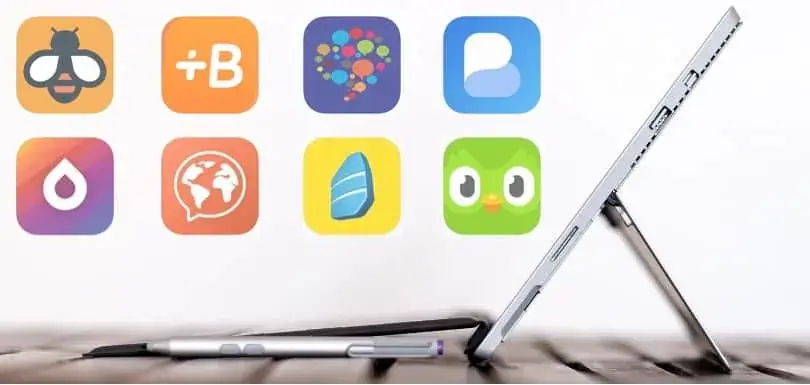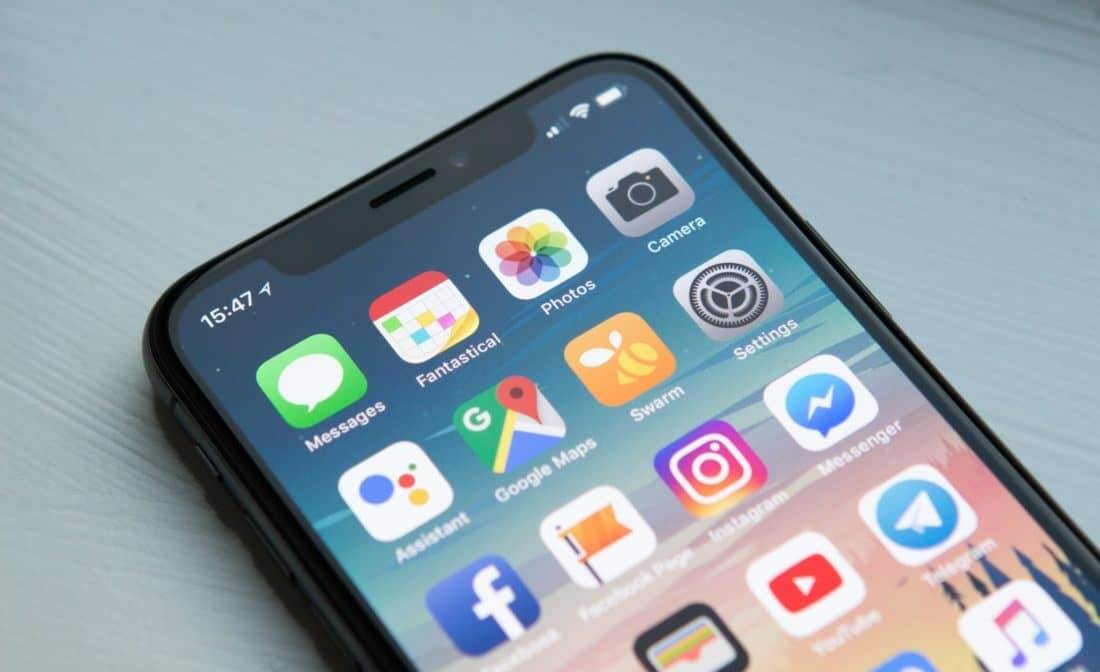Learning a language is one of the best gifts you can give yourself. A new language is great for both your career and your life in general. Whether it opens up your options for moving to an exciting new place or allows you to reconnect with family abroad, there are plenty of practical reasons to learn one.
Learning a second language goes beyond being practical. There are countless personal benefits to learning any language. That could be training your brain, opening yourself up to tons of new movies, TV shows, books, or just the sense of accomplishment. It’s hard to find a reason not to learn a second language.
It is often said that the best way to learn a language is through immersion, and one of the best ways to do this, aside from traveling to a country that speaks that language right away, is to get a tutor.
However, what do you do if you want to learn the basics? Maybe you want to learn more after your lessons or you only have time for a few minutes per day?
Fortunately, with many language learning apps and websites at your disposal, learning a second language doesn’t have to start and end in a classroom. While learning a language fluently is only possible through the use of many resources, these apps can give you a solid foundation of understanding on which to build. Language apps can help you keep up when regular in-person lessons aren’t an option.
While each one has its focus and goal, all of these language apps have their advantages and can be great tools for future language learners to have:
Duolingo
Perhaps one of the most popular apps for language learning, Duolingo has been around since 2011, but has exploded in the last five years. With 37 languages to choose from, Duolingo reaches all kinds of language learners.
Whether you want to learn some English or Mandarin for work or make your grandmother happy by learning her mother tongue, students are spoiled for choice.
Duolingo sees language learning as more than just brushing up on the most popular languages. Courses are available in much smaller languages like Hawaiian, Irish, and Navajo, and even constructed languages like Esperanto.
The app adopts a more traditional style of teaching a language. They teach you words and sentences and finally ask you to translate them. Over time, the sentences become more and more difficult as the understanding of the language increases. The app combines this style of learning with more interactive elements as well. One of the most popular are the tales that get more complex as they go on.
Duolingo is great for beginners and has become widely known for it. Language courses like Swedish are the most popular on Duolingo among people living in Sweden , as the app is recommended in many schools and workplaces for people who have recently moved there.
Rosetta Stone
The oldest on this list, Rosetta Stone, has come a long way from its original format. Now that it’s a popular app, it continues to go strong with its idea of learning just by immersion.
Like Duolingo, the app introduces you to your chosen language, and the language and tasks get more difficult as you improve. However, Rosetta Stone differs in that it rarely provides translations of words, phrases, and sentences. Instead, it uses pictures and a trial-and-error method of vocabulary building that tries to mimic how in-person language learning works.
With 25 languages to choose from, Rosetta Stone aims to teach its users the most popular languages found around the world with only a few less widely spoken languages on offer, for example Irish.
Rosetta Stone offers some of its features for free, but it gives paying users a much smoother learning experience with more options available to them.
Babel
Like Rosetta Stone, Babbel offers a comprehensive, guided language learning experience for paid users. However, it does offer some nice features if you opt for the free version.
Babbel’s approach to language learning focuses very much on what you, as an individual, may need to know. With stricter categorization than other apps, Babel is ideal for those who need conversation-focused learning. It is also a great option if you are just starting to learn a language.
This may be music to the ears of many language learners as they may feel frustrated having to learn the different names of animals. For example, you only need to know how to order food and organize trips.
On the other hand, if you want a more detailed and comprehensive understanding of a language, Babbel may not necessarily be for you.




